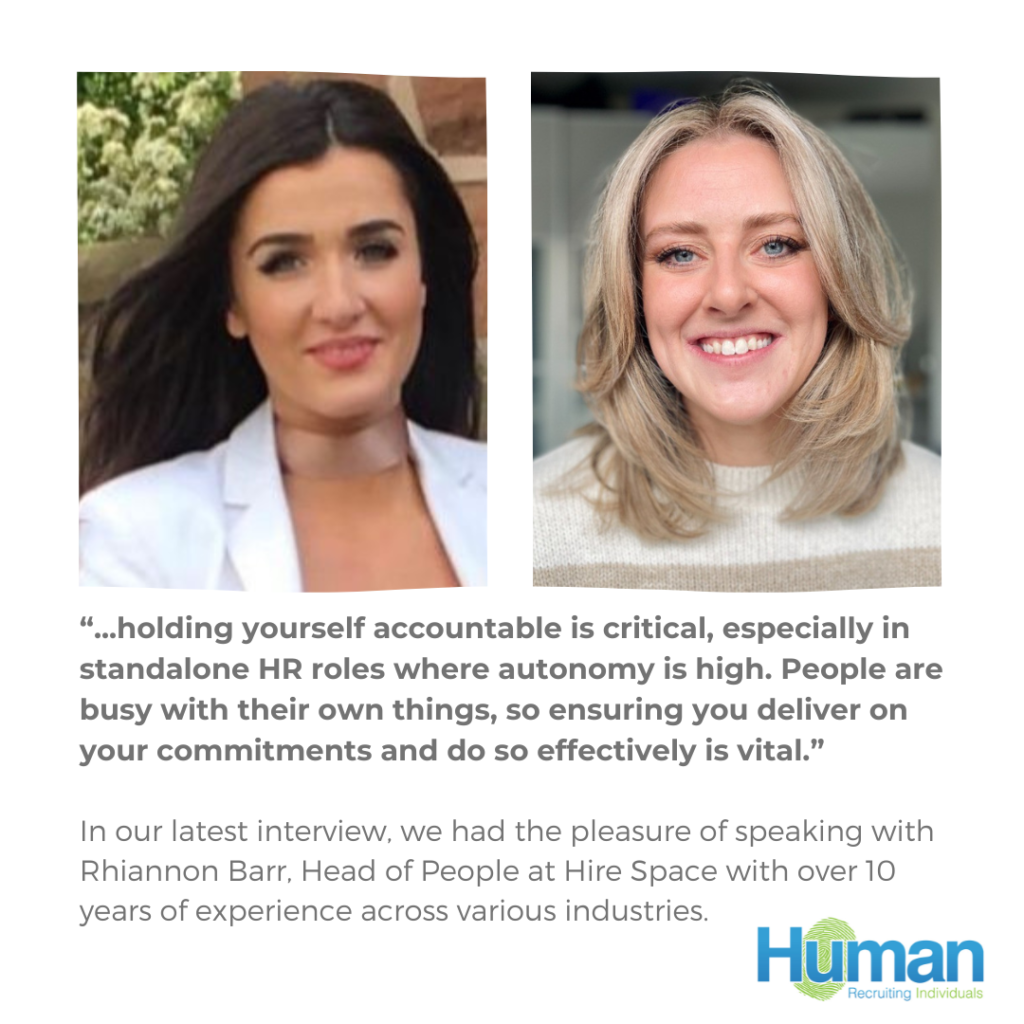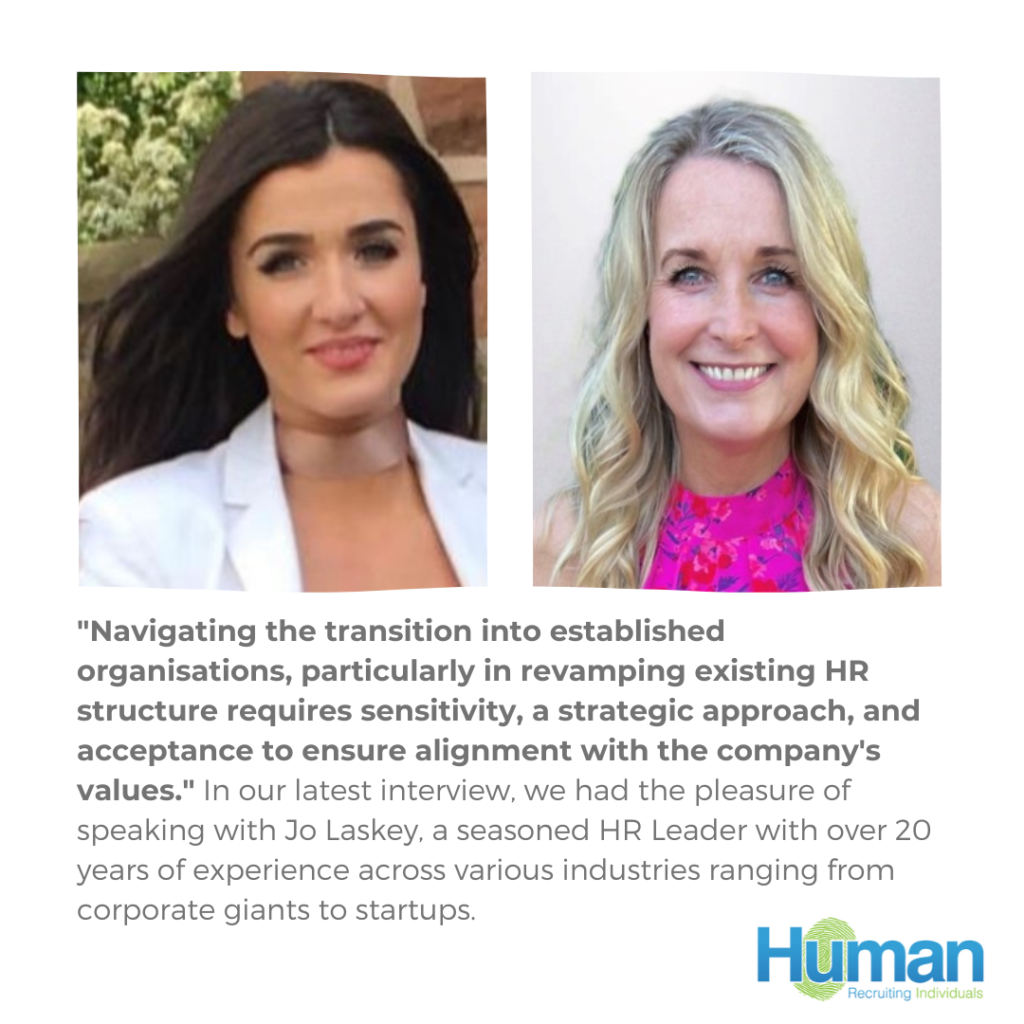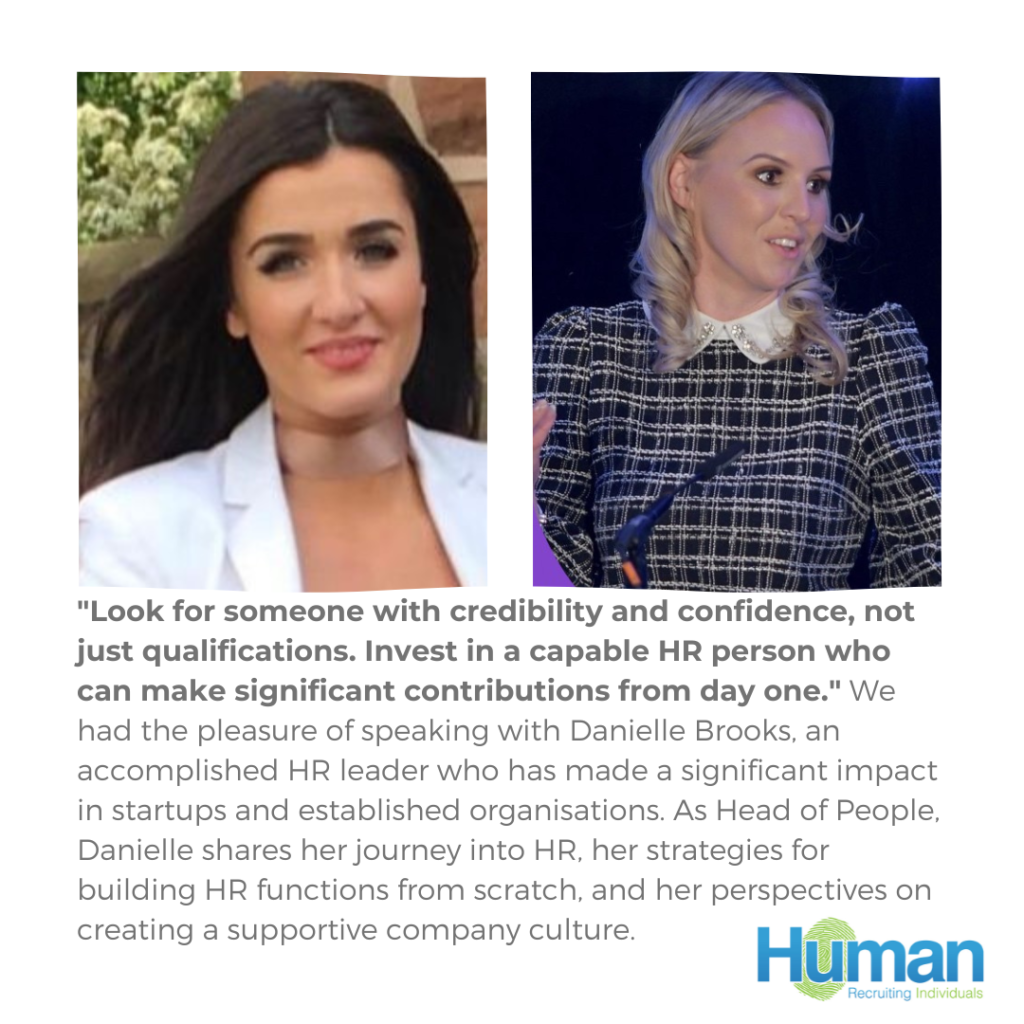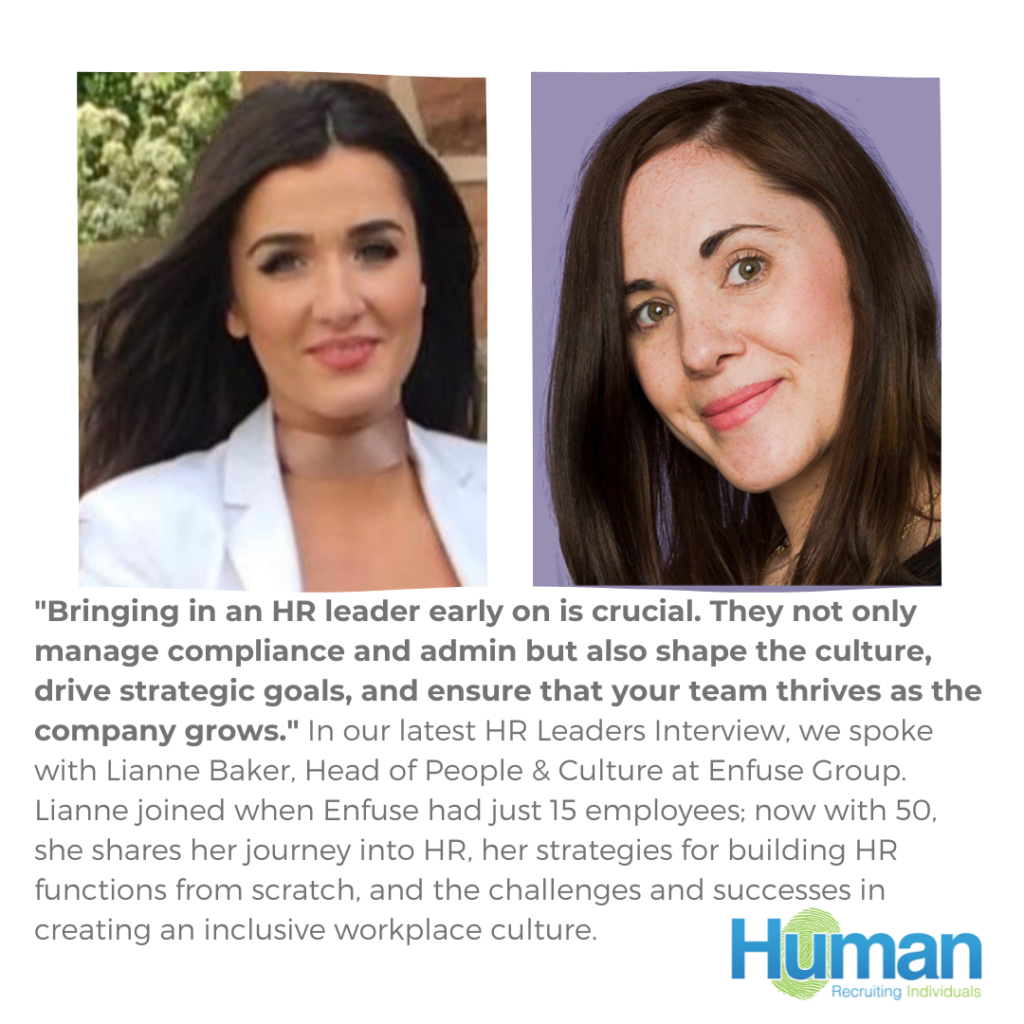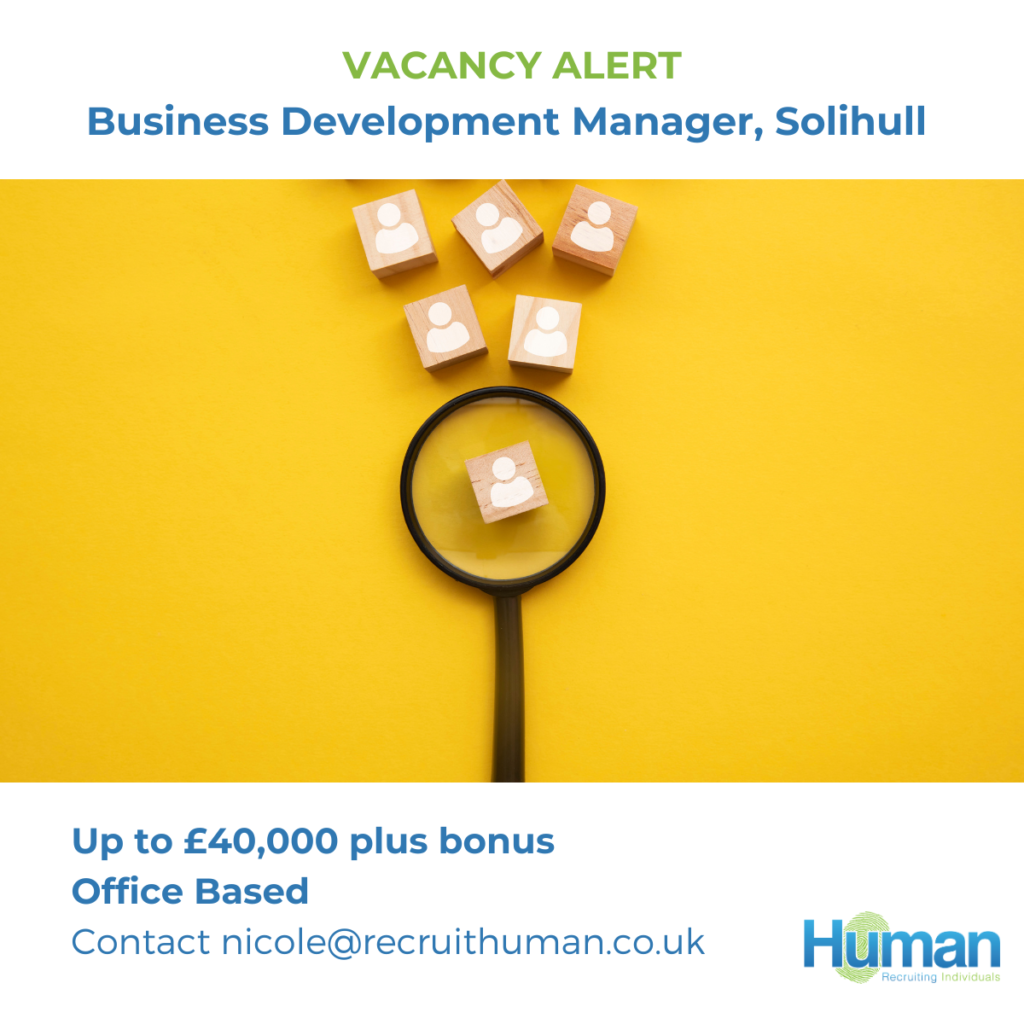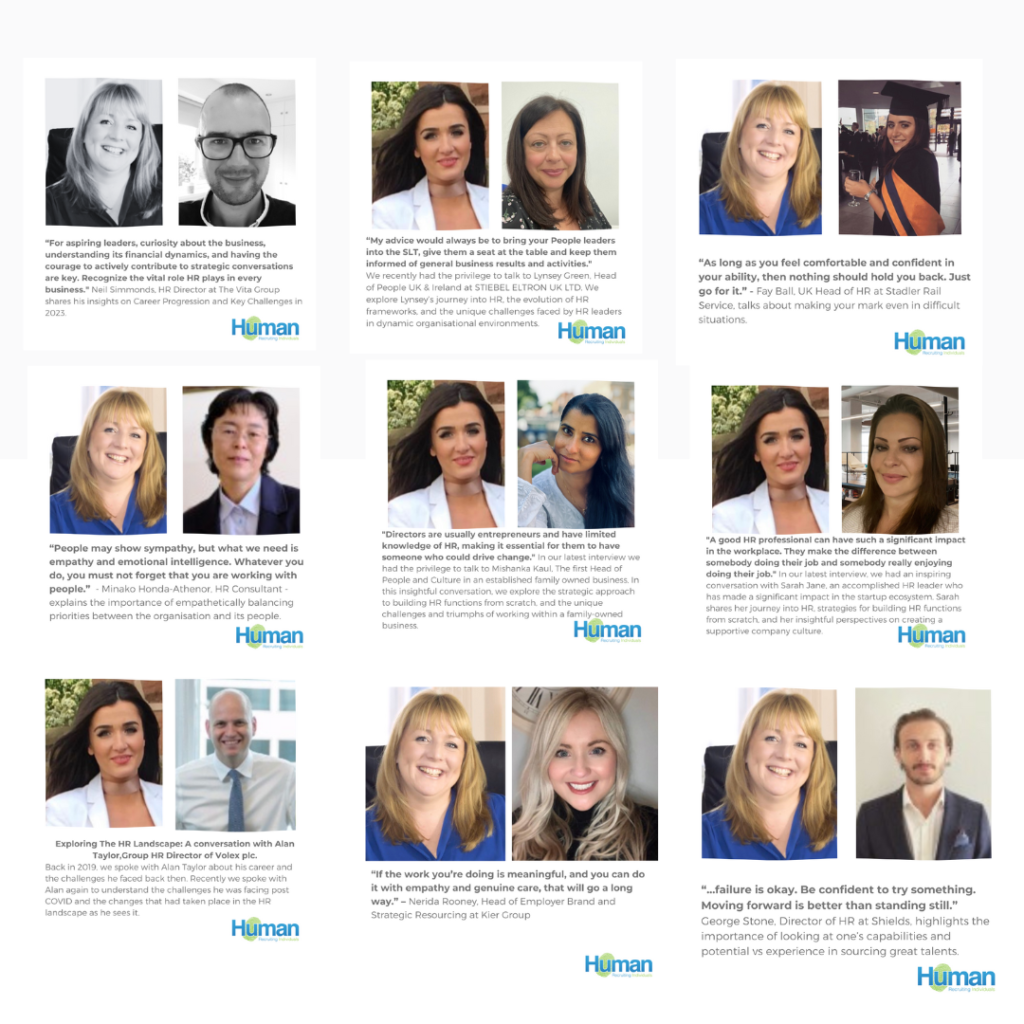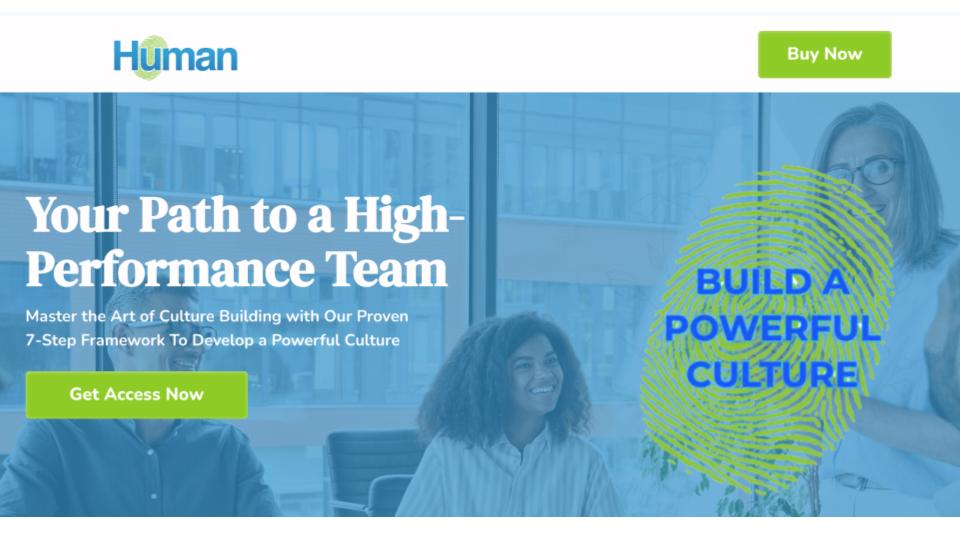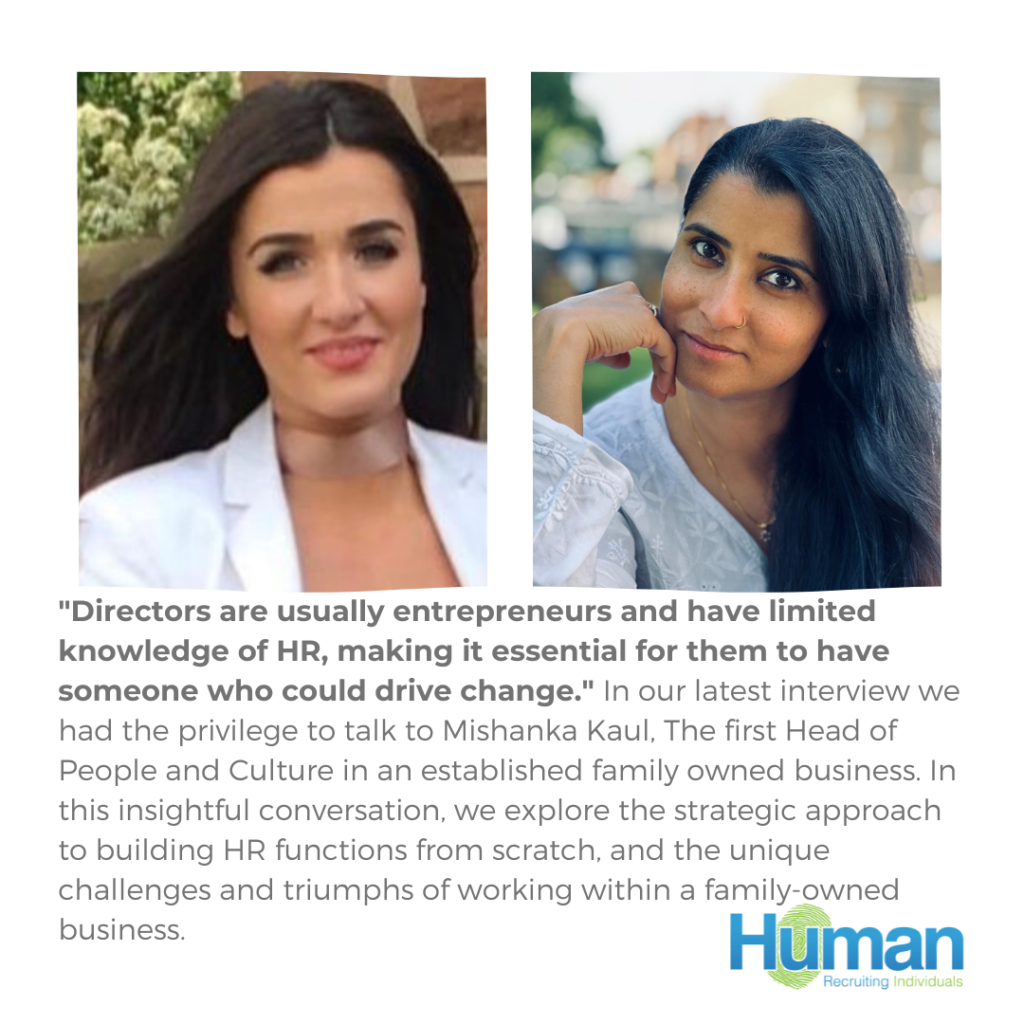In our latest interview, we had the pleasure of speaking with Danielle Brooks, an accomplished HR leader who has made a significant impact in both startups and established organisations. As the current Head of People for a luxury travel business and an HR and L&D Consultant C2C Group where she supports numerous businesses, Danielle shares her journey into HR, her strategies for building HR functions from scratch, and her insightful perspectives on creating a supportive company culture. This discussion offers invaluable lessons for HR professionals, business leaders, and startup founders alike, providing practical guidance for establishing robust HR foundations that drive and support organisational success. Can you describe your journey into HR? My journey into HR started in 2011 with Trinity Mirror. Before that, I hadn’t found a niche or career path that I really enjoyed. I worked various jobs, including bar work, pharmacy roles, and as an admin officer with Job Centre Plus. When I joined Trinity Mirror as an HR Administrator, I handled and gained exposure to contracts, performance management, and disciplinary and grievance issues, which I really enjoyed. A senior manager there advised me to pursue formal education to support the experience I was gaining. Taking that advice, I completed a full-time, two-year diploma in Business Management in HR at Edge Hill University, which I thoroughly enjoyed. I also did some volunteering at Clarke Energy for hands-on practical experience. My first standalone HR role came in 2014, managing HR for a manufacturing company with 200 employees. It was a sink-or-swim situation, but in that role, I gained invaluable experience in employee relations, system management, and process improvement. The people processes were very manual when I joined, so I was able to improve them quickly and start collecting data more efficiently—not just in a disciplinary capacity but also to reward employees. I implemented a bonus structure, and the organisation and HR function really thrived from there. In terms of my career, having laid the foundations as a true HR generalist looking after all aspects of the business, I have grown from strength to strength. I have progressed from HR admin and volunteer roles to becoming an HR Director. I currently have a hybrid position, working part-time as Head of People for a luxury travel business and as an HR and L&D consultant for C2C Group, largely in the construction industry. Leadership development, training, HR advice and support are the areas I’m really passionate about, but I still consider myself a true HR generalist. How did you navigate each role in your HR career? Throughout my career, I’ve never pigeonholed myself into a specific HR specialism. I consider myself a generalist, which allows me to conduct gap analysis and troubleshoot effectively for businesses. My favorite area, though, is Learning & Development and coaching. Running leadership academies and communication workshops brings me immense satisfaction. I love empowering employees to be better and helping them become more self-aware. Holding up a metaphorical mirror to their behaviors and potential to help them see what others see is incredibly rewarding. How do you approach building HR functions from the ground up and what are your first steps? My first step is to speak to as many people as possible within the organisation. This includes individuals, business units, and departments to get a comprehensive understanding of how people truly feel. I use a RAG (Red, Amber, Green) rating system to prioritise tasks and address areas needing attention. It’s crucial to listen to both positive and negative feedback and engage employees in defining values and objectives. If one department is working cohesively, I need to understand how and why that is working to replicate that process or culture throughout the rest of the business. Similarly, when assessing your values and objectives, communicate these with your people and ask what they mean to them, encouraging active input. Effective communication is key. Even if feedback isn’t entirely positive, addressing it transparently helps maintain engagement and avoid conflict. Planning for future growth while ensuring current systems and policies are up-to-date is also vital. How do you align company culture in startups vs. established organisations? Aligning company culture in startups and established organisations presents different challenges. In startups, everyone is usually on the same or similar journey, making it easier to get buy-in from day one. However, in established organisations, skepticism can understandably be a challenge. HR is often seen through the lens of disciplinaries and grievances, but we’re there for support and engagement. Achieving quick, positive wins like offering support, clear communication,new benefits or training programs can help show people that HR is genuinely there for them and that their feedback is heard and valued. How do you build collaboration with CEOs and MDs? It’s crucial to go in with a clear direction and communicate effectively. It’s not just about being right; it’s about listening and building relationships. Understanding the business, its direction, and growth plans is essential. You need to be genuinely interested in the business as a whole, not just the people or HR aspects. Demonstrate quick wins, such as implementing new benefits which are cost-effective but show that you care about everyone in the business. Regular communication, tailored to the company’s size and pace, is vital. For companies with 250 employees, weekly catch-ups might be necessary, while monthly meetings might suffice for smaller organisations. It’s important to have meetings with clear outcomes to ensure productivity and engagement. What role do tools and technologies play in your position? This can vary depending on the organisation. In smaller companies, an attendance management system might be sufficient, but as the organisation grows, more comprehensive systems become necessary. Early on, I focus on identifying the right systems because HR needs data to be effective. We’re a data-driven function. For performance management, I look at how performance or business objectives align with individual objectives. We can’t just put a piece of paper into someone’s folder or drawer and forget about it. We need systems that allow us to track


